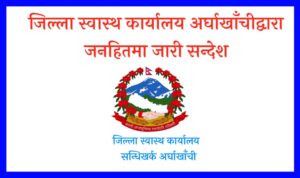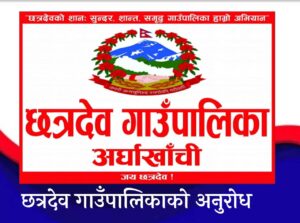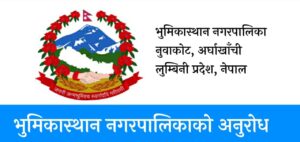Today’s meeting of the Legislature-Parliament has passed the bills on the formation of the Truth and Reconciliation Commission (TRC) and the Commission on Enforced Disappearances with amendment. The term ‘disappearance’ has been replaced with the term enforced disappearance following the amendment.
Earlier, a number of lawmakers of different political parties took part in clause-wise deliberations on the bill on the formation of commission of inquiry on enforced disappearances, and the Truth and Reconciliation Commission-2070 BS.
A meeting of the Legislature-Parliament began clause-wise deliberations over the bill with the meeting unanimously approving the proposal tabled by Minister for Law, Justice, Constituent Assembly and Federal Affairs, and Peace and Reconstruction, Narhari Acharya, for the same.
Eighteen amendment proposals on 119 points of the bill were presented. The lawmakers taking part in the deliberations said the bill is welcoming as it helps to conclude the peace process and none involved in the heinous crimes be freed from the punishment. They stressed the need of settling the wartime cases of crime through the means of mediation rather than reviving the wounds of conflict.
They drew an attention of the parliament towards providing proper compensation to the victims, taking action on those involved in heinous crimes and settling the cases peacefully. They called for formulating laws on the basis of criteria and norms and values of international human rights, not pardoning those involved in the cases of serious nature of human rights violation, and investigating the truth as per the Comprehensive Peace Accord, the Interim Constitution and legal provisions.
The amendment proposals tabled by Nepali Congress lawmaker Chinkaji Shrestha, Rajendra Prasad Pandey of CPN (UML) and Girirajmani Pokhrel of UCPN (Maoist) had a provision that the Commission should know problems, wishes and priority of victims and the victims’ families before recommending compensation to them. Similarly, in case of an appeal for pardon as per the clause 25 of the act, the consent and rejection of victims and nature of cases should be highly considered before responding the appeal.
The ministry shall arrange reparation to the victims in an easy and accessible manner as per the recommendation of the Commission and the government attorneys shall lodge case in the Special Court if decision was taken to begin cases against perpetrators.
The Special Court would be constituted to book the perpetrators of the war-era cases announced by the Commission. The lawmakers seeking amendment to the bill have stated that court constituted as per the clause 30 of the Act shall be understood as the Special Court.
As per the Act, any of the notice, descriptions, facts or information if required by any other commission could be acquired from the Commission formed under the Act.
Furthermore, identity cards would be given to the victims after the investigations as per the Act and the Commission would probe all incidents happened during the insurgency period even the cases lodged in different courts and bodies, whatever is written in the existing law.
Similarly, the Commission shall probe the complaints being investigated by different bodies of the war-era cases whatever is written in the existing law and the Commission itself shall take decision whether or not the complaints was related to the conflict time in case of dispute emergence.
Responding to queries raised by the lawmakers, Minister for Law, Justice Constituent Assembly and Parliamentary Affairs, and Peace and Reconstruction Narahari Acharya said that doubts and questions on the bill were natural and added that the bill has addressed the thoughts of the lawmakers with due respect.
Saying that many processes were crossed by considering many suggestions while drafting the bill, Minister Acharya said that the government was aware that challenges galore on its implementation.
Minister Acharya said that the government is cautious, vigilant and agreed to establish long term reconciliation by ending impunity, booking the perpetrators involved in serious human rights violations.
Acharya also said that the bill was brought in line with the Comprehensive Peace Accord, Interim Constitution of Nepal, 2063 BS and the verdict of the Supreme Court and added that the main objective of the bill was to address the cases occurred during the insurgency period.
The next meeting of the Legislature-Parliament shall hold on April 29. RSS




